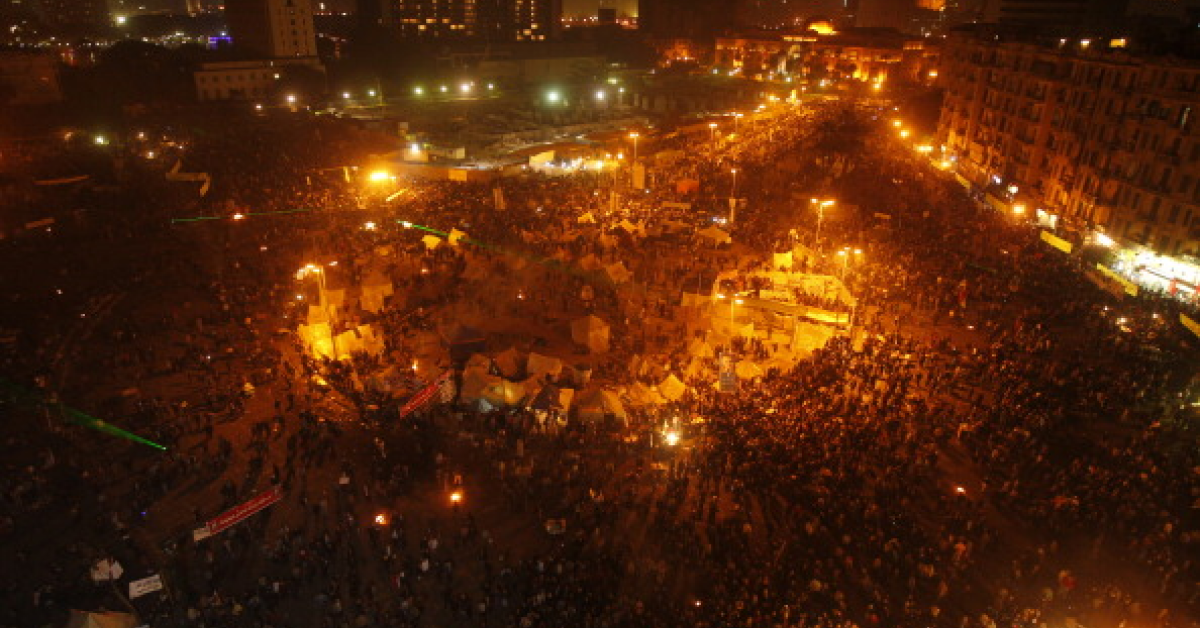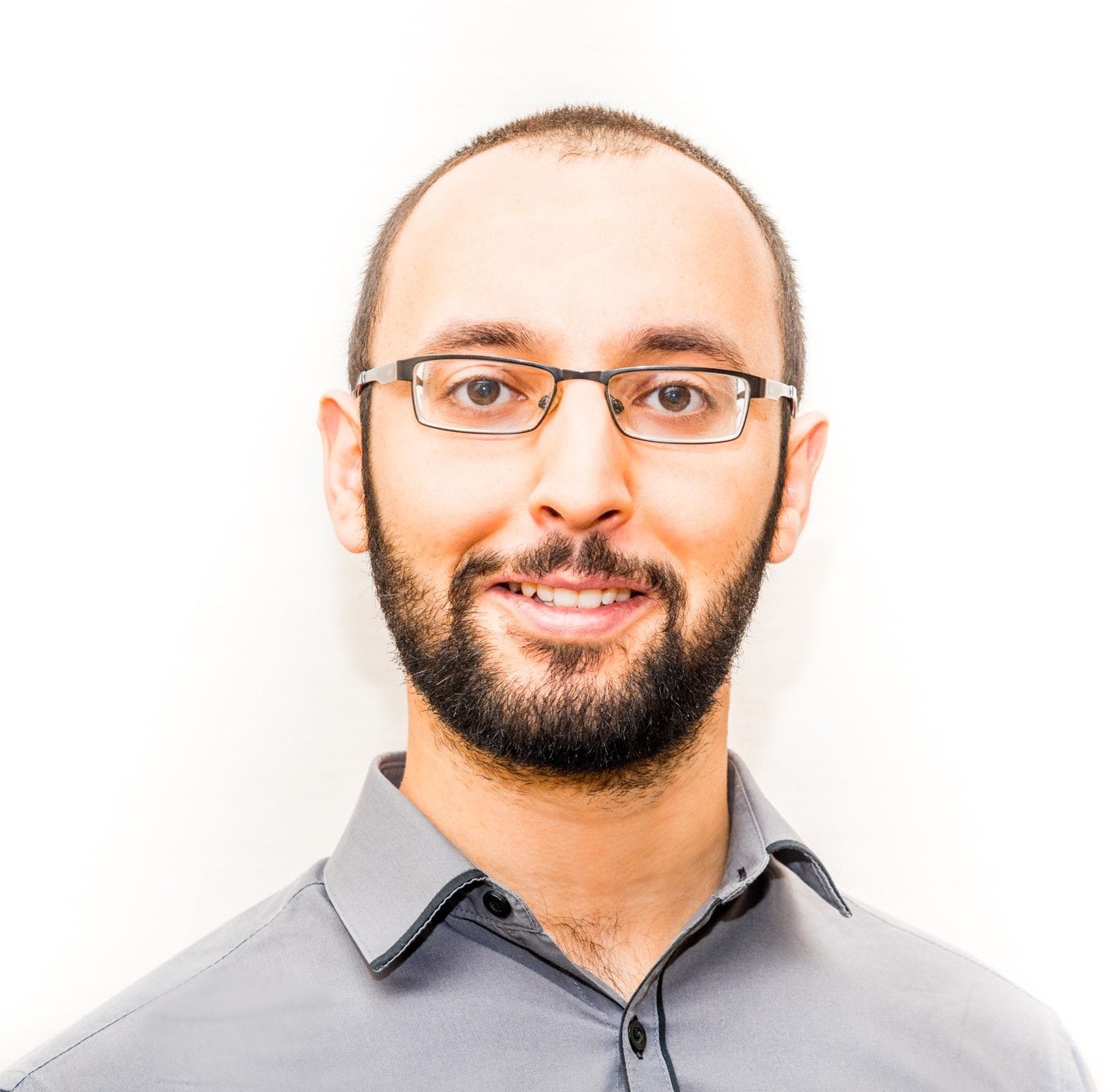The Arab world has been caught for decades between the horns of an oppressive dilemma: time and again, we have been forced to either support the ruling autocrats in return for safety and stability, or to side with violent Islamist radicals in order to throw off the tyrants’ yoke and avenge their transgressions. For a brief but historically important moment in 2011, the Arab Spring signaled a rejection of this false dichotomy, and represented a generation that looked forward to a world in which we do not have to repeatedly choose between two evils.
The revolutionary wave of 2011 was coopted, however, and the youthful movement was heavily assaulted as tyrants and terrorist scrambled to return the region – and the world – to the status quo ante. But neither the autocrats nor the extremists have been able to reassert themselves in any sustainable way; an old order was broken, but no new order arrived. The Arab world today is stuck in the gaping limbo between the broken old and the nascent new. Italian philosopher Antonio Gramsci calls such moment in history a “time of monsters”; we live in a paradoxical state of “sustainable instability”.
Many reasons have been cited for the setback that the Arab Spring has experienced, but we believe that foremost among them is an intellectual vacuum in political thought caused by decades of stifling tyranny. The Arab world suffers from a chronically short menu of ideas; the failures of the 2011 revolutionary wave are only an outward symptom of a chronic lack of rigorous ideological alternatives.
We believe that our historical responsibility at this juncture to articulate such rigorous ideological alternatives, and to expand that menu of ideas.



